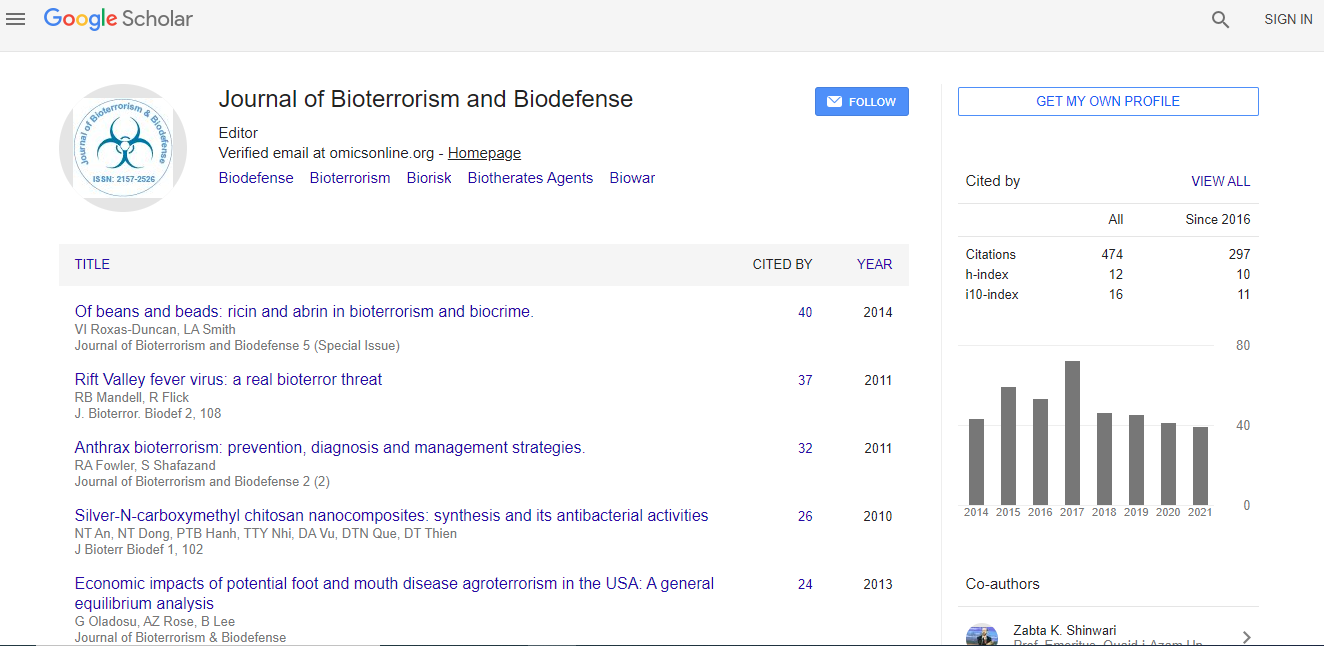Depression among orphan children residing in orphanages in Nepal: a cross-sectional study
*Corresponding Author:
Copyright: © 2021 . This is an open-access article distributed under the terms of the Creative Commons Attribution License, which permits unrestricted use, distribution, and reproduction in any medium, provided the original author and source are credited.
Abstract
Background: Children living in orphanages are vulnerable groups of the population separated from the care and love of their parents. Lack of parental support during the early years of growth and development can lead to develop and manifest different levels of depression. This study aimed to determine the prevalence of depression and its associated factors among orphan children residing in orphanages in Nepal. Methods: An institutional-based cross-sectional study was conducted in 20 orphanages of Nepal. The orphanages were selected by simple random sampling method and 13-17 years children were invited to participate in the study. A structured self-administered questionnaire and Standard Beck Depression Inventory-III (BDI-II) tools were used for data collection whereas logistic regression was used for identifying associated factors with depression at the significant level α = 0.05. Results: A total of 322 orphans participated in the study; 55.4% were males, the average age was 14.7 years. Most of the participants (91.3%) studied in secondary level and most (32.8%) belonged from indigenous ethnic group. The overall prevalence of depression among orphans was 32.2%, with higher preponderance among the female population (39.2%). In the multivariate model, sex, health problems, social support, and being bullied were significantly associated with depression in orphans. Females were 2.30 times more likely to develop depression than males (95% CI=1.38-3.82). Those who had health problems were 2.08 times more likely to develop depression than those who did not (95% CI=1.21-3.57). Those who had low social support were 2.48 times more likely to develop depressive symptoms than those who had high social support (95% CI=1.24-4.95), and those who had been bullied were 2.59 times more likely to develop depressive symptoms than those who were not bullied (95% CI=1.46-4.59). Conclusion: This study showed a high prevalence of depression among children living in the orphanages in Nepal particularly among girls. Therefore, measures should be taken to identify, prevent and eliminate any practices within orphanages that may be reproducing discriminatory and stigmatizing behaviors that exist toward girl’s which research has shown to impact adversely on the mental health and wellbeing of children and which can manifest in depression

 Spanish
Spanish  Chinese
Chinese  Russian
Russian  German
German  French
French  Japanese
Japanese  Portuguese
Portuguese  Hindi
Hindi 